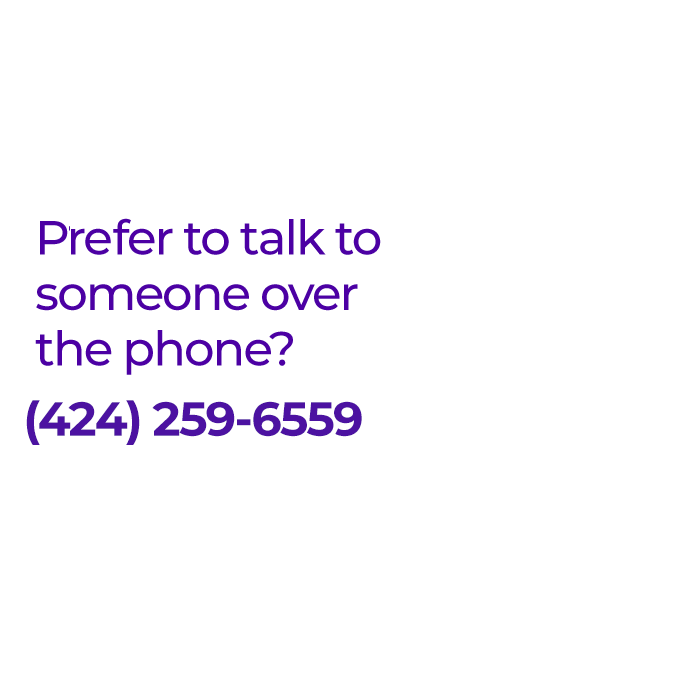In the United States and many other countries, obstructive sleep apnea surgery is generally considered a second-line therapy for patients who do not tolerate or benefit from positive airway pressure therapy (for example, continuous positive airway pressure, or CPAP). This is based on two arguments:
- Surgery clearly has greater risks than CPAP
- Surgery does not work as well as CPAP
I agree completely with the first point. While we as surgeons do everything we can to minimize risk, the risks of surgery are higher than for CPAP. As for the second, the key in understanding the benefits of CPAP is whether a patient tolerates CPAP. Owning CPAP but being unable to use it offers no benefit. This is why clinicians follow patients and do everything possible to improve CPAP use in those who are struggling with it. There are a few studies showing how important using CPAP is, for example showing benefits only in patients who are able to wear it comfortably.
Others have argued for incorporating CPAP usage in any discussion of CPAP benefits. A recent publication in the medical journal SLEEP advances the discussion by comparing the benefits of CPAP with surgery. In a group of patients receiving CPAP or surgery through an excellent Australian medical center, they showed that surgery may treat obstructive sleep apnea better than CPAP.
The authors, including Dr. Stuart MacKay from the University of Wollongong, compared study treatment of obstructive sleep apnea with CPAP (234 participants) or surgery (97 participants). Importantly, for the CPAP group, they had measured the improvement in obstructive sleep apnea on CPAP and also measured CPAP usage (directly from the CPAP machines). They were able to calculate the mean disease alleviation that combined (1) how much CPAP improved their sleep apnea while they wore it and (2) their usage. In the simplest of cases, if the CPAP eliminated 80% of a patient’s sleep apnea but was worn during only 70% of sleep time, the mean disease alleviation was 56% (80% x 70%). Because surgery does not involve wearing any devices, the “usage” for surgery was 100%, so the mean disease alleviation was whatever improvement shown on the postoperative sleep study.
They compared the CPAP- and surgery-treated patients, finding that the mean disease alleviation was 67% in the surgery group and 60% in the CPAP group (with a difference that was statistically significant)! Because the surgery group was somewhat different (somewhat younger, lower body mass index, healthier), they used two different sophisticated and scientifically-valid approaches to match participants from each group. These comparisons favored surgery even more; mean disease alleviation for surgery vs. CPAP was 65% vs. 50% and 64% vs. 57%.
This study did not indicate that a specific procedure or procedure combination was right for all patients. In fact, the surgery group underwent different types of procedures, although most underwent a combination of palate surgery and tongue radiofrequency.
What does this mean for OSA treatment?
In short, this provides important support for the approach many other sleep surgeons and I have used for decades. It is why we are not only great advocates for CPAP adherence but also recognize that patients who are not doing well with CPAP should consider other options, including possible surgery. During my 20-year career in sleep surgery, it has been wonderful to see many other providers (including from sleep medicine) adopt a similar strategy.
Most of my own research has focused in a slightly different area: patient evaluation and the selection of procedures tailored to individual patients. When it comes to making decisions about surgery, we want to obtain the best result possible (and sometimes do not perform surgery in those who will not have a good chance of achieving good results). These research areas are complementary. I expect that high-quality studies like this will advance our treatment of obstructive sleep apnea even more as we strive to treat all patients with an approach that will work for them.




Vivian Langdon says:
In the linked study, they wrote:
> This retrospective cohort study consisted of a consecutive sample of 331 patients with OSA managed with multilevel airway surgery as second-line treatment (N = 97) or CPAP (N = 234).
What does “multilevel airway surgery” mean? Does it refer to multiple surgeries?
Dr. Kezirian says:
Multilevel surgery included a procedure for the palate (Australian modified palatopharyngoplasty or palate advancement) and tongue (tongue radiofrequency or lingual tonsillectomy/partial glossectomy). It was a combination of procedures, likely performed on the same trip to the operating room.